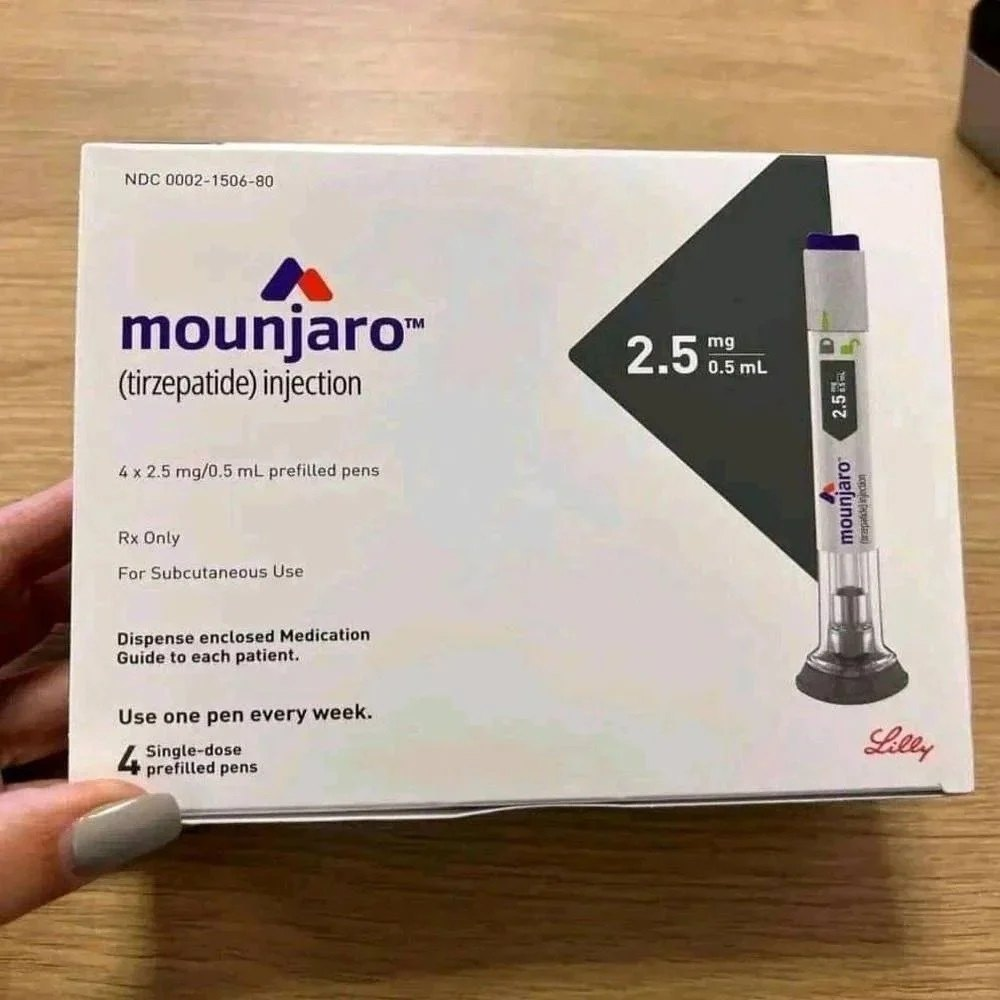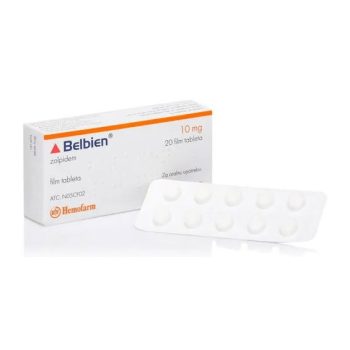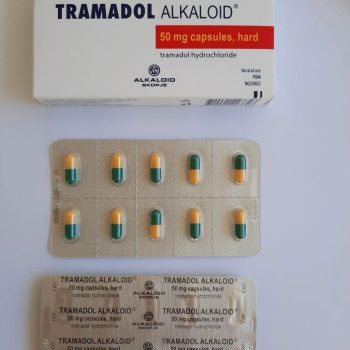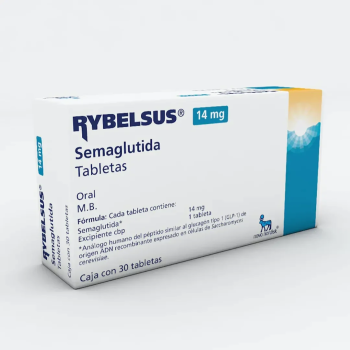Indications and Limitations of Use
Mounjaro (tirzepatide) injection 2.5 mg/0.5 mL is indicated as an adjunct to diet and exercise to improve glycemic control in adults with type 2 diabetes mellitus.
- Mounjaro has not been studied in patients with a history of pancreatitis. Consider other antidiabetic therapies in patients with a history of pancreatitis.
- Mounjaro is not indicated for use in patients with type 1 diabetes mellitus.
Important Safety Information
Contraindications
- Mounjaro is contraindicated in patients with a personal or family history of medullary thyroid carcinoma (MTC) or in patients with Multiple Endocrine Neoplasia syndrome type 2 (MEN 2).
- Patients with hypersensitivity to tirzepatide or any of the excipients in Mounjaro should not use this medication. Serious hypersensitivity reactions, including anaphylaxis and angioedema, have been reported.
Warnings and Precautions
- Risk of Thyroid C-Cell Tumors: Patients should be referred to an endocrinologist for evaluation if serum calcitonin levels are elevated or if thyroid nodules are observed.
- Pancreatitis: Cases of acute and chronic pancreatitis have been reported in clinical studies. Discontinue Mounjaro if pancreatitis is suspected and do not restart.
- Diabetic Retinopathy Complications: Rapid improvement in glucose control may lead to a temporary worsening of diabetic retinopathy. Monitor patients with a history of diabetic retinopathy for progression.
- Never Share a Mounjaro Pen Between Patients: Mounjaro pens must never be shared, even if the needle is changed, due to the risk of blood-borne pathogen transmission.
- Hypoglycemia: Patients using Mounjaro with insulin secretagogues (e.g., sulfonylureas) or insulin may have an increased risk of severe hypoglycemia. Educate patients on the signs and symptoms of hypoglycemia.
- Acute Kidney Injury: Postmarketing reports have noted acute kidney injury and worsening of chronic renal failure, sometimes requiring hemodialysis. Monitor renal function when initiating or increasing doses.
- Hypersensitivity: If serious hypersensitivity reactions (e.g., anaphylaxis, angioedema) occur, discontinue Mounjaro and provide appropriate medical treatment.
- Acute Gallbladder Disease: Cholelithiasis and cholecystitis have been reported in GLP-1 receptor agonist trials. If cholelithiasis is suspected, conduct appropriate gallbladder studies and follow up as needed.
Adverse Reactions
- The most common adverse reactions (reported in ≥5% of patients) include nausea, vomiting, diarrhea, abdominal pain, and constipation.
Drug Interactions
- When initiating Mounjaro, consider reducing the dose of concomitant insulin secretagogues (e.g., sulfonylureas) or insulin to mitigate the risk of hypoglycemia.
- Mounjaro may delay gastric emptying, potentially impacting the absorption of oral medications. Use caution when administering oral drugs with narrow therapeutic windows.
Use in Specific Populations
- There are limited data on Mounjaro use in pregnant women. To minimize risks, discontinue Mounjaro at least 2 months before a planned pregnancy due to its long washout period.











Reviews
There are no reviews yet.